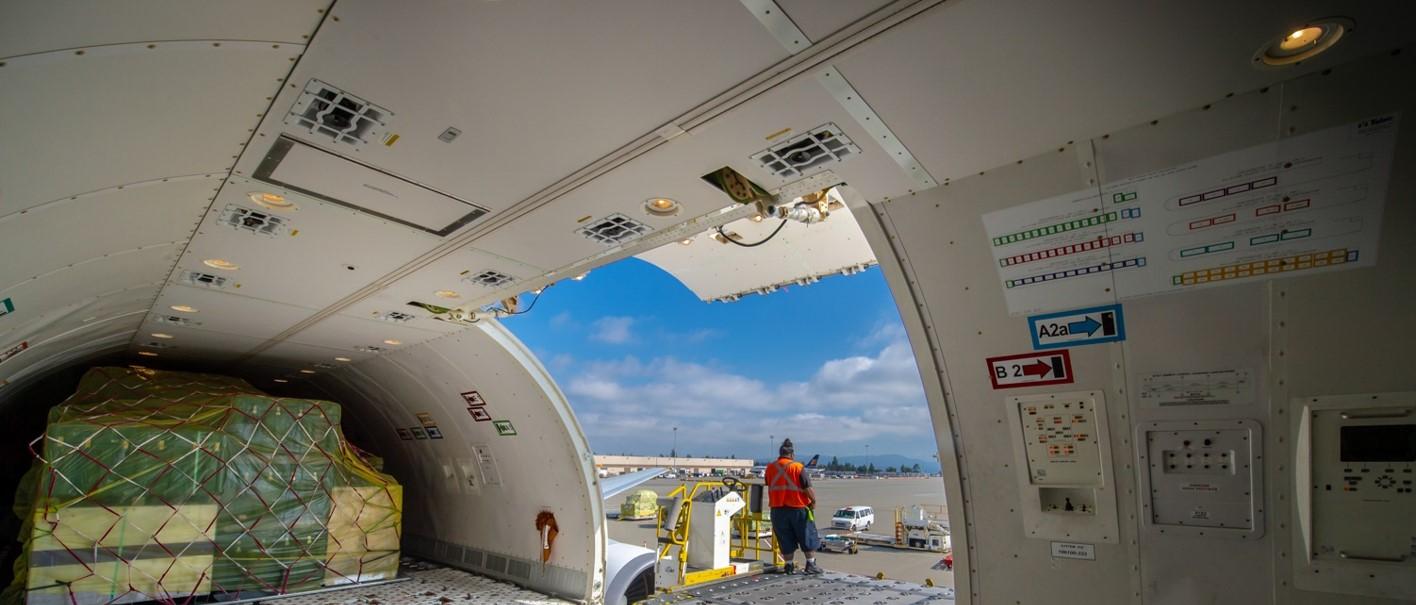
Smarter email, faster business.
Trending
Royal Air Maroc CEO Frustrated Over Boeing Delivery Delays, Says Situation Is Improving

Royal Air Maroc CEO Expresses Frustration Over Boeing Delivery Delays but Sees Improvement
Royal Air Maroc (RAM) CEO Hamid Addou has voiced growing frustration regarding significant delays in aircraft deliveries from Boeing, underscoring the operational difficulties these setbacks impose on Morocco’s national airline. In a recent interview with CNN, Addou outlined the carrier’s ambitious expansion plans and substantial investments, while acknowledging that some Boeing aircraft have arrived as much as 18 months behind schedule. This issue, he noted, extends beyond RAM and affects the global airline industry.
Addou emphasized the importance of meeting customer expectations, stating, “You have to offer your customers what they’re paying for. In the economy, you have to offer the kind of service they’re expecting. So we need to invest in the product, and we are already doing it.” He described the prolonged delays as “frustrating,” particularly as airlines strive to keep pace with rising passenger demands.
Industry-Wide Challenges and Signs of Progress
The delivery delays are not unique to Royal Air Maroc. Airlines worldwide are contending with similar disruptions, with some even contemplating legal action to address the ongoing challenges. Industry data reveals the magnitude of the problem: Boeing and Airbus collectively delivered only 359 aircraft in the first four months of 2024, a figure significantly below the 1,430 planes initially forecasted for the year. Despite these difficulties, certain carriers, such as Ryanair, remain optimistic, projecting a 3% increase in passenger numbers to 206 million by March 2026.
Addou indicated that the situation is beginning to improve. “Things are evolving in the right direction. We just received three MAXs this week,” he said, adding that RAM anticipates receiving seven additional aircraft by the end of December. He further noted, “Based on my information, the rhythm of production is increasing, which is a good sign,” reaffirming the airline’s continued confidence in its manufacturing partners.
These comments came shortly before Boeing and Casablanca-based Aironautique, a subsidiary of France’s Figeac Aero Group, announced an agreement to produce parts for the 737 MAX. Meanwhile, Royal Air Maroc is reportedly in the final stages of negotiating a major aircraft deal with Boeing, alongside a smaller agreement with Airbus. However, sources suggest that the Boeing order may face further delays, potentially pending high-level discussions between Moroccan and U.S. officials.
Strategic Positioning Amidst Competitive Pressures
Beyond the delivery challenges, Addou highlighted Royal Air Maroc’s strategic advantages. While Gulf carriers concentrate on Asian markets, RAM has established a strong presence on the south-north corridor between Africa and Europe. He acknowledged the difficulty of competing with low-cost carriers, stating, “Where it’s complicated for us to compete is against low-cost carriers,” and noting that Morocco faces competition from over 40 airlines. He stressed the need for new business models and market development to maintain competitiveness.
Addou praised RAM’s teams for their efforts in cultivating new markets to rival budget airlines such as Wizz Air, EasyJet, and Ryanair. He underscored the airline’s commitment to delivering a distinctive travel experience rooted in Moroccan culture, positioning RAM as a gateway for travelers seeking an authentic introduction to the country.
“Royal Air Maroc is geographically at the center, which allows us to capitalize on what clients like the world diaspora can offer,” Addou concluded, reaffirming the airline’s focus on innovation and customer service despite ongoing industry headwinds.